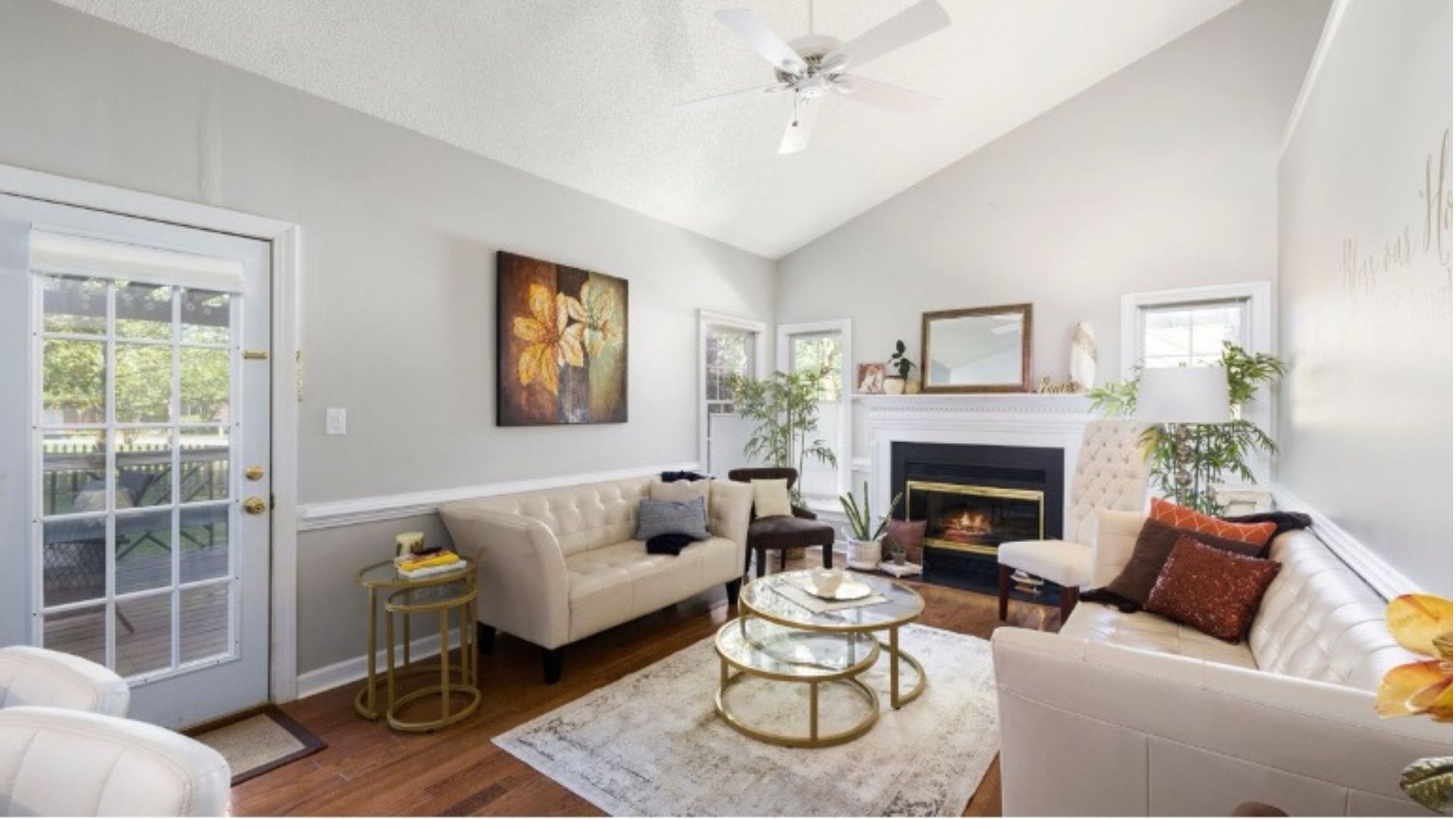Lifestyle
Generation Z Redefines Homeownership with Minimalist Living

Generation Z is reshaping the landscape of homeownership by embracing minimalist living. This shift reflects a departure from traditional values associated with large houses filled with possessions. Instead, young adults are increasingly opting for smaller, simpler homes that align with their values of affordability, flexibility, and sustainability.
Rising real estate prices and economic uncertainty have made compact living an appealing choice. For many in this generation, a well-designed studio apartment or a minimalist tiny house is more attractive than a sprawling property that demands extensive upkeep. This trend not only addresses financial pressures but also embodies an intentional lifestyle.
Minimalism as a Lifestyle Choice
The appeal of minimalist living has been amplified through social media and cultural trends. For Gen Z, owning fewer possessions is not a limitation but a liberation from rampant consumerism and mental clutter. Many find that a tidy, clutter-free environment fosters mental clarity and balance, especially in a world overwhelmed by digital distractions.
The philosophy of “less is more” encourages individuals to invest in meaningful items rather than accumulate unnecessary belongings. This shift toward minimalism also carries significant implications for environmental sustainability. Smaller homes consume less energy, require fewer resources, and generally have a smaller environmental footprint.
Aspects like recycled materials in tiny houses and choices in eco-friendly furniture resonate with Gen Z’s commitment to climate action. Downsizing is increasingly seen as a practical approach to living responsibly and purposefully, highlighting a broader cultural shift towards environmental stewardship.
Flexibility and Experience Over Possessions
Flexibility is another critical factor driving this generational change. Many young professionals are pursuing careers that enable remote work, freelance opportunities, or travel. Smaller, low-maintenance homes provide the freedom to move and explore without the burden of being tied to expansive properties filled with possessions.
For Generation Z, success is no longer measured by the size of a home but by the quality of life within it. A cozy, thoughtfully designed small home with functional spaces reflects a conscious choice to prioritize mental well-being, financial stability, and environmental responsibility.
In essence, smaller homes symbolize a broader perspective that values presence over possessions. As this generational wave continues to redefine housing trends, the increasing popularity of smaller homes and clutter-free living signifies an intentional shift in lifestyle and priorities. Generation Z is not merely downscaling their dreams; they are reimagining what it truly means to live large.
-

 World3 months ago
World3 months agoTest Your Knowledge: Take the Herald’s Afternoon Quiz Today
-

 Sports3 months ago
Sports3 months agoPM Faces Backlash from Fans During Netball Trophy Ceremony
-

 Lifestyle3 months ago
Lifestyle3 months agoDunedin Designers Win Top Award at Hokonui Fashion Event
-

 Sports3 months ago
Sports3 months agoLiam Lawson Launches New Era for Racing Bulls with Strong Start
-

 Lifestyle3 months ago
Lifestyle3 months agoDisney Fan Reveals Dress Code Tips for Park Visitors
-

 Health3 months ago
Health3 months agoWalking Faster Offers Major Health Benefits for Older Adults
-

 World3 months ago
World3 months agoCoalition Forms to Preserve Māori Wards in Hawke’s Bay
-

 Politics3 months ago
Politics3 months agoScots Rally with Humor and Music to Protest Trump’s Visit
-

 Top Stories3 months ago
Top Stories3 months agoUK and India Finalize Trade Deal to Boost Economic Ties
-

 World3 months ago
World3 months agoHuntly Begins Water Pipe Flushing to Resolve Brown Water Issue
-

 Entertainment3 months ago
Entertainment3 months agoExperience the Excitement of ‘Chief of War’ in Oʻahu
-

 Science3 months ago
Science3 months agoNew Interactive Map Reveals Wairarapa Valley’s Geological Secrets









